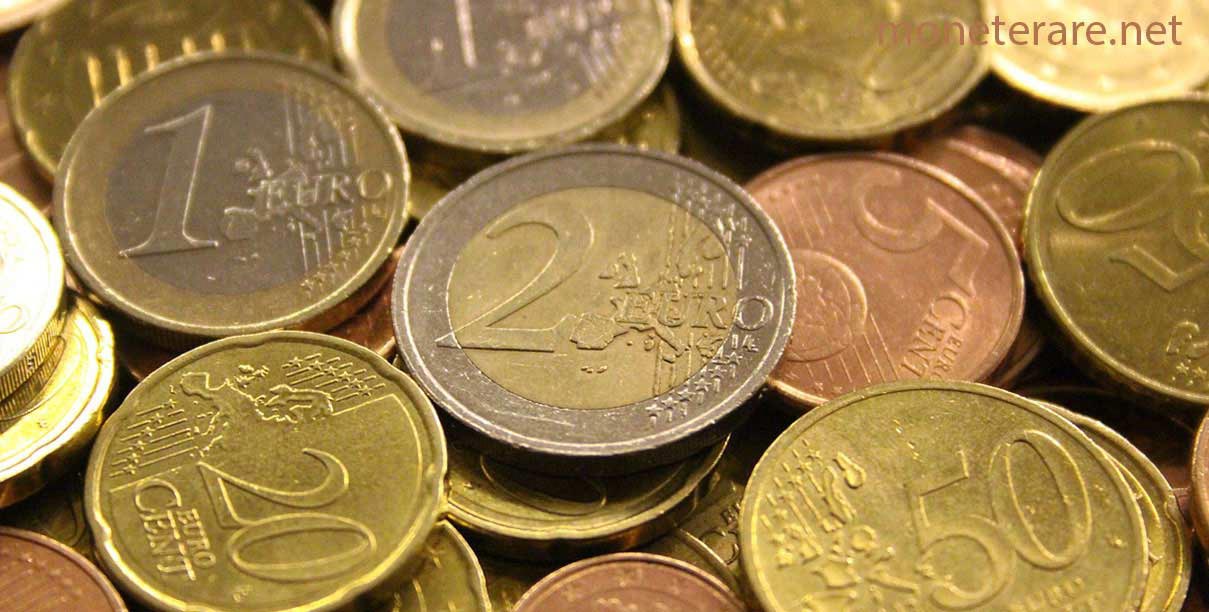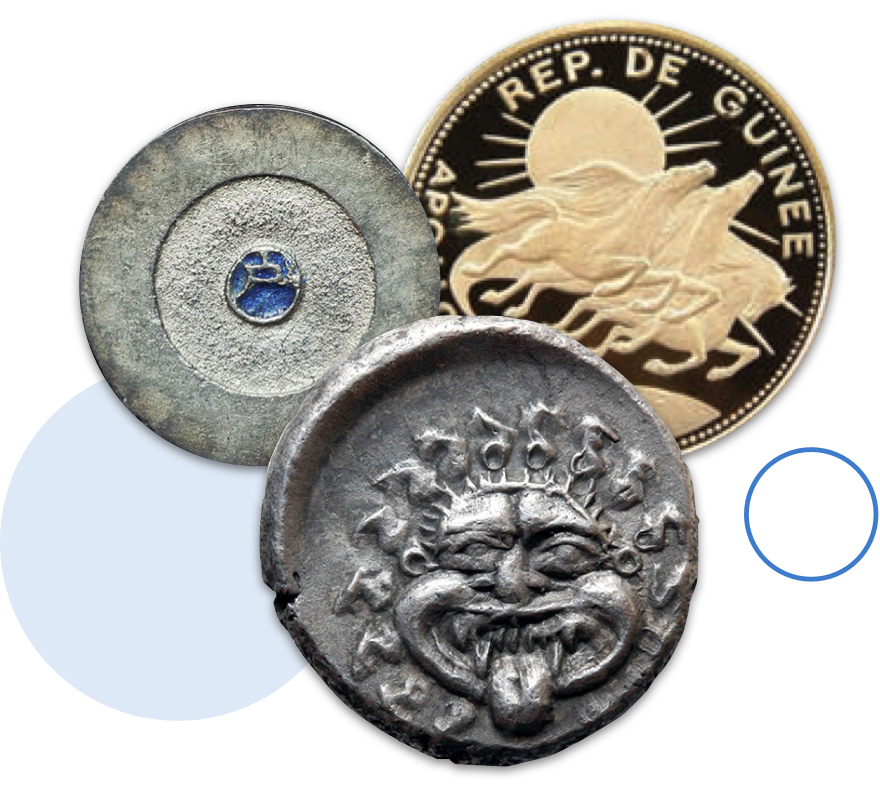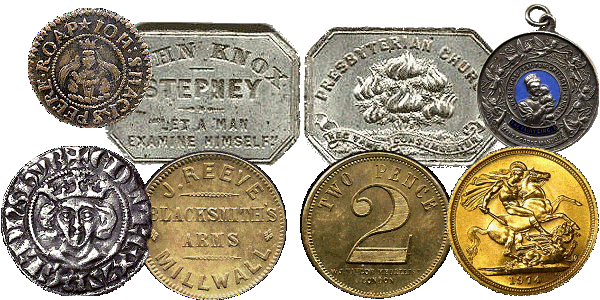Good Suggestions To Choosing Coin Marketplace And Coin Errors
Wiki Article
How Do I Use An Online Database To Look Up Numismatics Regarding Central Banks?
Utilizing a database for research on numismatics in central banks requires a number of key actions and considerations that can help you effectively gather and analyze information.
Database selection: Select a database that is specialized in numismatic or financial information like those offered by academic libraries, financial institutions as well as numismatic associations. Examples include Numista, the World Bank's databases or academic journal repositories, such as JSTOR.
Start by defining the research objectives. Are you seeking the coinage history of a central banking institution or its economic policies reflected in their coin designs and/or the economic impact on the numismatic decision-making process. Searching with keywords like "central bank coins"," numismatics, or central bank names will allow you narrow your search.
Data Collection: Utilize the advanced search features provided by database to limit reports, articles or other data sources that are relevant. Discover historical records, policies papers, and catalogs of numismatics, which provide the types of coins and locations for minting.
Analysis: Analyze the data you've gathered to find patterns and trends. Compare different central banks' approaches to coinage, changes in design motifs over time as well as the economic aspects which influence the decision-making process for coin production. Find correlations between the numismatic trend with economic policies and historical incidents.
Cross-Referencing Verify your findings by cross-referencing data from multiple sources in the database. This will ensure that you have an accurate knowledge of the information and minimises the risk associated when you rely on a single, biased data.
Documentation: Write down all your sources and findings and the research methods you used. Documentation is important for academic purposes or professional ones and may increase the credibility of research.
Stay up-to-date: Numismatic data and central bank policies change in time. Stay informed by visiting the database on a regular basis to find out about new research findings and catalogs of coins that have been updated or changes to central bank policies that could affect the the numismatic trends.
You can use these steps to conduct an extensive and thorough study of the numismatics of central banks. This method allows for a systematic examination of both historical and modern aspects of the production and circulation of coins and the economic consequences of numismatics. Have a look at the best banknote society for site examples including coin rarity, banknote grading, coin display, czech coins, coin mold, forint, antique coins, coin forum, euro, coin artist and more.

What Is The Best Way To Use Numismatics To Research Exhibitions And Show Events In Databases?
To study the subject of numismatics with respect to exhibitions and shows Databases are utilized. They contain information regarding numismatic shows, exhibitions or conferences. This is a systematic method for conducting this type of research. For instance, you can look at the websites of some of the largest numismatic associations like the American Numismatic Association.
Define Research Focus: Specify your research objectives. Are you looking to find out more information about previous and upcoming numismatic conferences or regional coin shows, thematic or educational exhibits as well as forthcoming exhibitions of coins? Clarify your search to help you.
Search Strategy: Use words such as "numismatic exhibitions," "coin shows," "numismatic events," and include specific event names, places or thematic focus areas if applicable. Utilize advanced search options to filter results by the date, event type (such as conferences, exhibitions) and geographical region.
Data collection: Obtain information on upcoming or previous numismatic events and exhibitions. Find out information about the event, such as dates, location organizers, themes or specific collections that are featured, as well as participating exhibitors, and related catalogues or publications. Look through databases that provide virtual tours, or access to exhibition materials.
Analyse the data in order to identify the educational purposes as well as the themes and patterns of numismatic exhibitions and events. Study how different exhibitions and shows contribute to the public's knowledge of numismatics.
Cross-Referencing: Check your findings using information from different databases, event listings or official sites. This method ensures that your research is correct and complete, giving you a complete overview of the numismatic activities around the world.
Documentation: Documentation is crucial. Cite sources and note the methods you've employed. Record details about the databases accessed, search terms used, and the significance of every source you use to answer your research questions.
Stay updated: Numismatics is a dynamic field, with a variety of conferences, exhibitions and exhibitions. Keep up-to-date by following the latest news from numismatic societies, event organizers, as well as specialized databases for the most current details on events coming up.
These steps will enable you to effectively use databases to research numismatics related to exhibitions and show events. This approach allows a detailed examination of the diversity of educational value, as well as the academic value of numismatic exhibitions and other events across the world. View the top treasury for website tips including coin value, rupee, banknote dealer, banknote catalog, dinar, federal reserve, coin rarity, lira, coin expo, legal tender and more.

How Do I Utilize Databases To Study Numismatics With Regards To Historians And Researchers?
Here's a method for conducting research in this manner: Database Selection: Select databases that specialize in the field of numismatic research, historical archives, and academic journals and institutional repositories. Here's a method to conduct such research:Database Selection: Select databases that focus on research in numismatics, academic journals, historical archives as well as institutional repository sites. JSTOR, Google Scholar and the numismatic journals (such as the American Numismatic Society) are examples.
Define Research Focus: Specify your research objectives. Do you wish to learn about the background of the numismatic artifacts What are the methodologies that are used in research on numismatics? Are historians exploring specific topics in numismatics? Or what contributions researchers have made to numismatic scholarly work? Make clear your objectives.
Search for keywords for example "numismatics," “numismatics research," "historical numismatics," and, if applicable historical periods, geographical areas, or numismatic topics. Advanced search options are available for filtering results by the type of document, the date (such as articles or dissertations) as well as author affiliation and document type.
Data Collection: Search for data related to numismatics such as scholarly articles as well as research papers. Details such as names of books, authors, abbreviations, methods, and historical contexts are essential to collect. Search databases for digitized collection of numismatic research or projects.
Analysis: Study the data to determine the theories and methods employed by historians and researchers working in the field of numismatic studies. Evaluate how numismatics can be used to enhance historical narratives as well as other subjects such as cultural studies, political analysis or economics. Compare the approaches and findings of different scholars across a variety of topics in numismatics.
Cross-Referencing. Check that your research is accurate by cross-referencing your findings in various databases and articles of scholarly relevance, academic publications, or institutions' repository. This will ensure accuracy and completeness of your study. This also gives you an extensive overview of the scholarly work of numismatics.
Documentation: Record your findings systematically by citing sources and highlighting the methods used. Keep track of the details such as the databases that you searched on, the search words you used, and how each source is related to your study.
Stay updated. Academic publications and research in numismatics are always developing. Keep up-to-date with updates from numismatic societies and academic journals.
You can use databases to investigate numismatics as it relates to historians or researchers by following these easy steps. This allows for a complete study of methods, historical interpretations, and scholarly contribution that shape the appreciation and understanding of numismatic works in larger historical and culture contexts. Check out the most popular article source for dollar for site info including rare coins, banknote appraisal, commemorative, historical currency, currency catalog, copyright, numismatic value, austrian coins, coin production, banknote expo and more.

How Can I Research Numismatics Through A Database Online Forums And Communities?
This requires the use of forums and online communities where enthusiasts, experts, and collectors can share their knowledge as well as discuss trends and present their collections. Here is a comprehensive approach for conducting such research. For instance, forums such as CoinTalk, Reddit's r/Coins, and special numismatic communities that are on social media platforms, such as Facebook groups or LinkedIn.
Define Research Focus: Specify your research objectives. Are you looking to learn more about current collecting trends or discuss particular coins and historical periods, or get advice on authenticity and grade. Clarify your interests to guide your search.
Search Strategy: Make use of relevant keywords related to your interests, such as "numismatic forums," "coin collector communities," and "online numismatic conversations," including specific topics or specific keywords (ancients coins, moderns coins, paper currency) that are related to your inquiry. Utilize the search function on each platform to find relevant threads and discussions.
Data Collection: Access the information contained in discussions, threads or articles on online forums. Find out information about coin identification and market trends of the moment as well as personal experiences and discussions about numismatics.
Analysis: Analyze and understand the opinions voiced by members of the online numismatic communities. You can determine the credibility by looking at the experiences of contributors as well as the consensus on particular topics among the members.
Cross-Referencing - Verify the accuracy of your findings by comparing information from multiple forums and communities. Review the information from various platforms to gain a broader view of trends, market sentiments and expert advice in the numismatics community.
Documentation: Record your findings systematically, citing particular threads, discussions, and contributors when required. Note key trends, insights and views that are discussed on online forums.
Keep active: Participate in discussions and ask questions to learn more about the subject and connect with the numismatist community. Keep updated by following new threads, responding to them and releasing announcements.
Following these steps can aid you in conducting research on numismatics through online forums and community sites. This method allows you to benefit from the collective knowledge and expertise of a wide collection of experts and collectors offering valuable insights and perspectives on different aspects of coin identification and appreciation. Take a look at the top rated peso recommendations for site advice including coin society, austrian coins, banknote expo, copyright, dirham, dinar, coin rarity, banknote expo, currency exhibition, coin forum and more.

How Do I Utilize A Database To Research Numismatics With Regards To Networking Opportunities?
To conduct numismatic research with respect to networking possibilities, it's essential to use databases and platforms. They facilitate communication between dealers and collectors researchers, enthusiasts and scholars all within the numismatic world. Here is a methodological procedure for conducting this research: Database selection: Select databases or platforms which are specifically designed for numismatic opportunities for networking. Examples include numismatic sites or online discussion forums (such CoinTalk, Reddit’s Coins) and social media (such Facebook and LinkedIn) groups, or professional social networking platforms.
Definition of Research Focus: Specify your networking objectives. Do you want to connect with collectors and exchange knowledge, engage with dealers to buy or sell objects, work with researchers for research projects or participate in Numismatic events and conferences? Clarify what you are seeking to narrow your search.
Search Strategy - Use keywords for example "numismatic networking,"" coin collectors forums," numeric social media groups," and specific interests or geographic regions, if applicable. Use search features within platforms in order to locate relevant events, groups, and forums.
Data Collection Access to information on the opportunities for networking within numismatic communities. Find out more about the descriptions of groups, benefits of membership (such as events, discussions and resources) as well as upcoming events (such as auctions), conventions (such as conventions) as well as profiles of influential people.
Examine your data to determine the relevant channels and opportunities for networking. Examine the level of participation in forums and groups, the diversity (collectors/dealers/scholars) and quantity and quality of discussion, and also the possibility for collaborations.
Cross-Reference: Check the data you've gathered by comparing it to other databases, websites belonging to society for numismatics or social media organizations, as well as professional networks. This will allow you to discover a comprehensive network of opportunities across platforms and regions.
Engage: Actively participate in the networks you choose by asking questions, taking part in discussion, sharing your knowledge, and providing expertise. Meet other dealers, collectors, and scholars to exchange useful information and expand your network.
Documentation: Record your network activities in detail and note the networks you used as well as the group members, events attended, and contacts made. Keep track the results and opportunities you get through your networking efforts.
Databases can help you find numismatic opportunities following these simple steps. This approach will allow you to create a professional or personal numismatic community, which can be utilized for collaborations as well as information exchange, and participation in numismatic gatherings. See the best banknote design tips for blog examples including coin value, coin society, coin engraving, banknote society, banknote display, currency forum, coin storage, banknote appraisal, banknote, banknote magazine and more.
